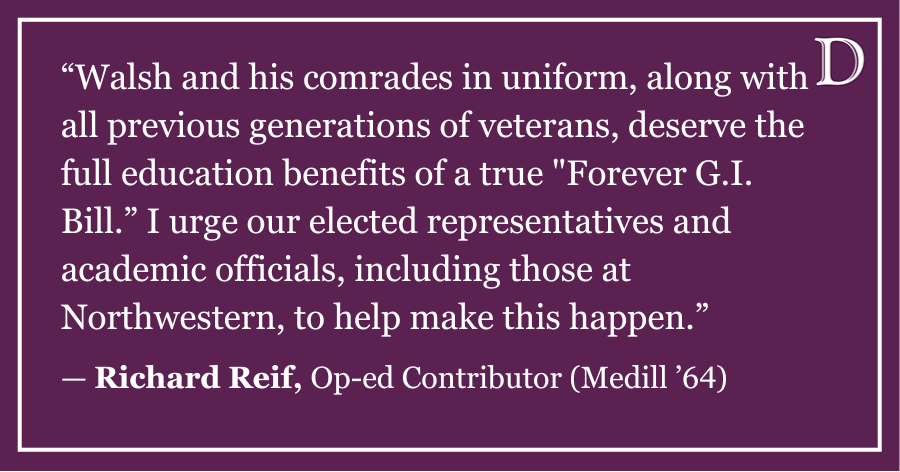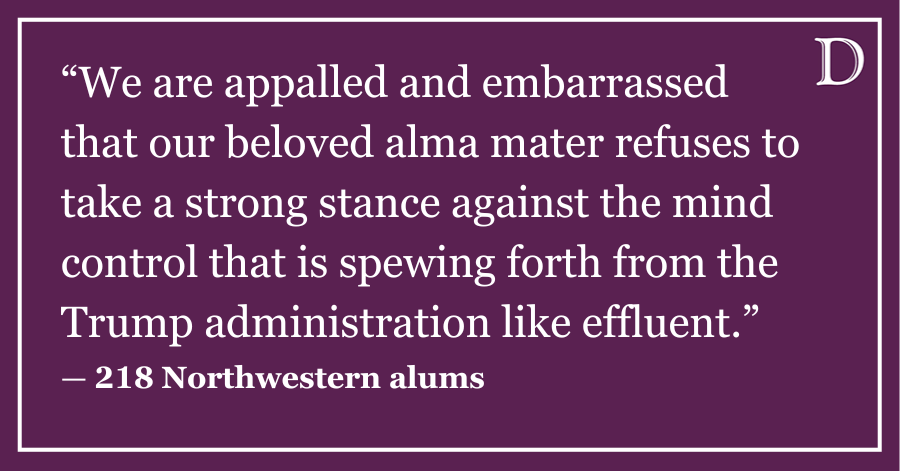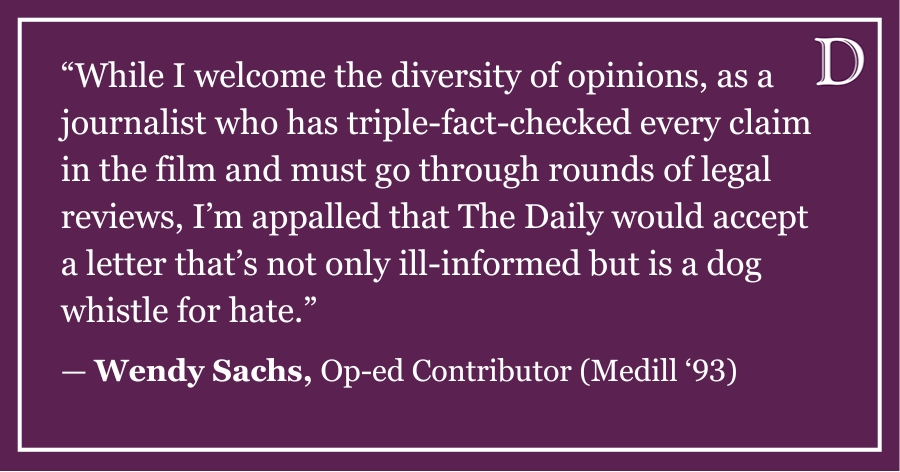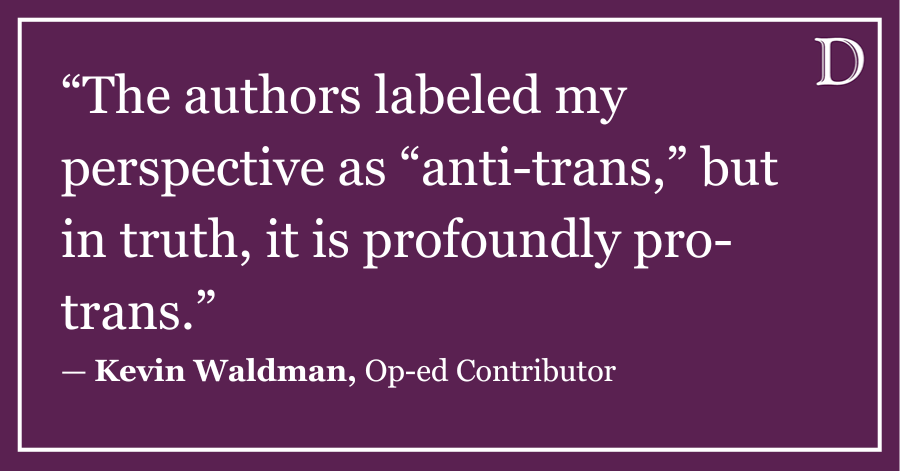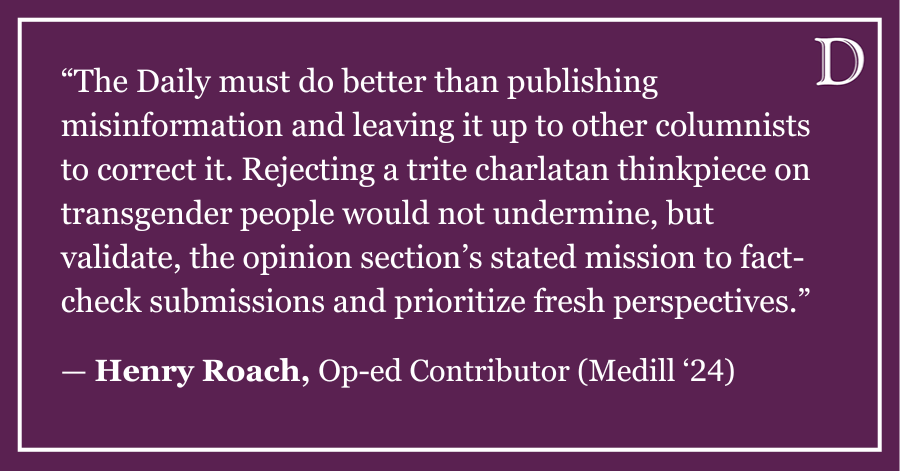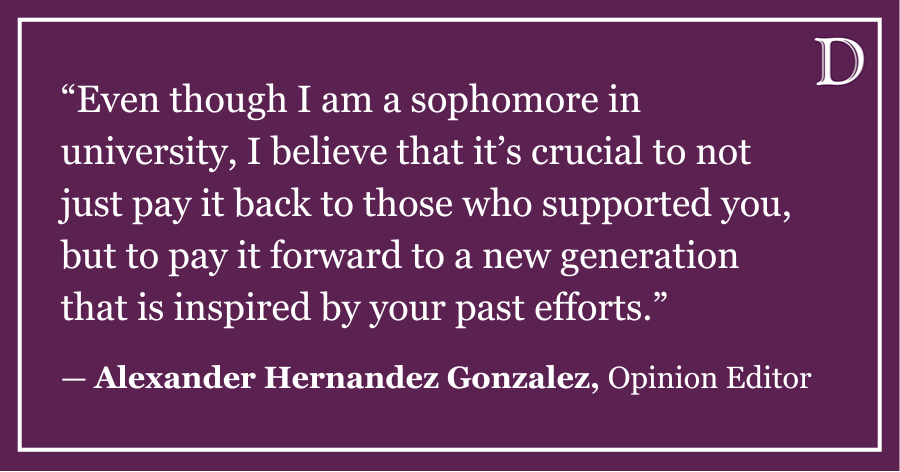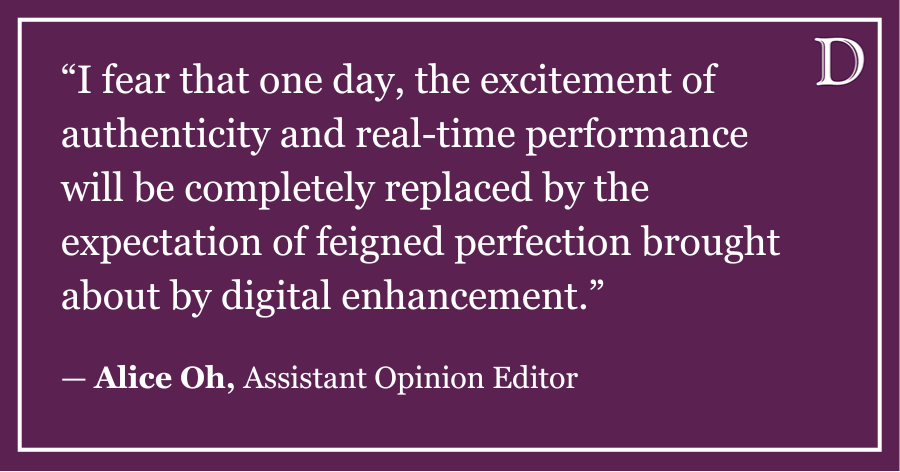In August 1963, Dr. Warren Washington was a young, black climate scientist at the National Center for Atmospheric Research when he heard Dr. Martin Luther King Jr. deliver “I Have A Dream.” Fifty years later, Washington gave the keynote address at Northwestern’s Reverend Martin Luther King Jr. candlelight vigil, hosted by the men of Alpha Phi Alpha Fraternity Inc. on Monday night.
Dr. Washington, a pioneer of atmospheric sciences and computer modeling, argued that had Dr. King been alive today, he would have endorsed the principles of environmental justice and environmental protection. Both civil rights and environmental justice share a commitment to the empowerment of minorities and the poor. Dr. Washington inquired, “Who is going to be affected by climate change? It’s going to often be poor people, minorities, people who live on the coasts. These are people who can’t articulate, can’t get their voice out there.”
In 1968, Dr. King helped striking garbage workers in Memphis achieve better pay and working conditions. Dr. King suggested civil rights and environmental justice were inseparable challenges. According to Attorney General Eric Holder, “Together we are approaching environmental justice as what it is: a civil rights issue. By examining environmental requirements in conjunction with our civil rights laws, I am confident that we can do a better job of assuring fairness and advancing justice.”
The Environmental Protection Agency defines environmental justice as “the fair treatment and meaningful involvement of all people regardless of race, color, national origin or income with respect to the development, implementation and enforcement of environmental laws, regulations and policies.” For example, studies from the NAACP, CDC and myriad universities show that poor non-white communities are more likely to be located near polluting coal plants and therefore suffer from poor air quality and have higher rates of asthma and other air toxin-related health effects. In Chicago, the Fisk and Crawford coal plants, both of which are located in low-income minority communities, were responsible every year for 41 premature deaths, 550 emergency room visits, and 2,800 asthma attacks. These dirty coal plants, when in operation, cost the public $127 million in added health care costs each year. Fortunately, these plants were finally closed only a year and a half ago, after a long and arduous struggle between Midwest Generation and resilient local environmental justice groups.
It is clear that environmental hazards continue to disproportionately affect communities who do not have the capacity to influence political and economic decisions. These are usually low income communities of color.
In the wake of Dr. Washington’s talk, we ought to reflect on the shared principles of equality and justice that unite Americans under the same dream — a future free of discrimination, a future that affirms the equal rights of all persons. The movements for civil rights and for environmental justice share similar goals in this vision. Who will be responsible for ensuring the fair treatment and protection of all humans, now and in the future?
We and our respective communities affirm the universal value of human life, independent of where, or when, a person in born. We believe that civil rights activists and environmental advocates are not at odds, but should work together for human progress. In the words of Dr. Washington, Martin Luther King Jr., “left a legacy for the nation and the world. He wanted us to carry on the future battles. And it is up to us to carry on.” In choosing one cause, you are fighting for the other.
April McFadden, FMO Coordinator
Mark Silberg, SEED President

